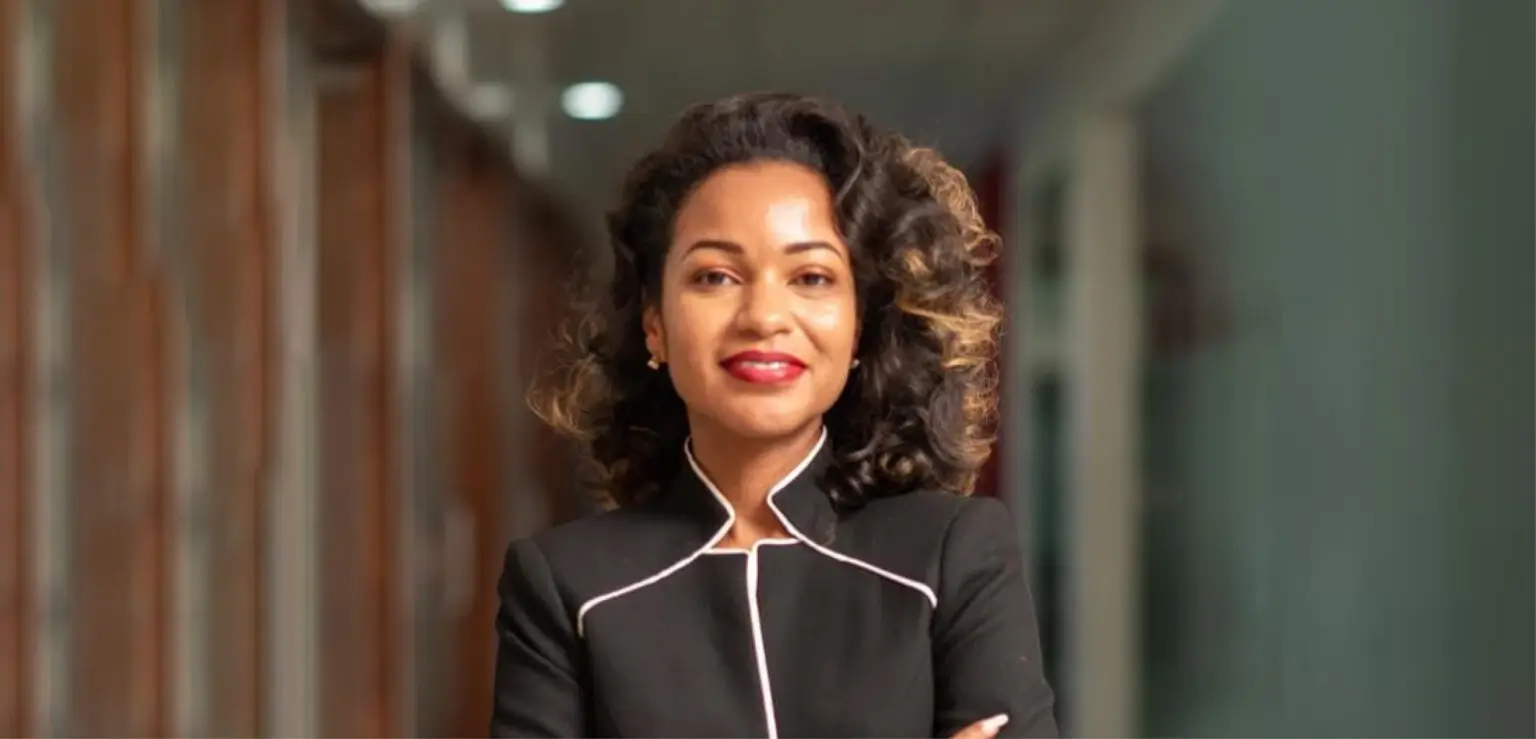During their last At the Lake event, Ziwani’s community delved into the topic of female entrepreneurship, exploring both the challenges and opportunities that face women in Africa’s marketplace. The conversation was so rich that it led to a follow up podcast interview with At the Lake panelist and legal professional, Sylvia Kithiniji.
In this podcast, she shares her personal perspectives with Ziwani’s Keri-Leigh Paschal on the challenges, and specifically the underlying bias that women face in Africa’s workplace, shaped by a complex interplay of culture and worldviews.
As a partner and head of corporate and commercial law at Ashitiva Associates LLP, Sylvia offers valuable insights, particularly in the context of Kenya’s legal profession. With her extensive experience leading a team of lawyers serving a diverse client base ranging from government to non-profit, private equity firms to multinational corporations, Sylvia provides a unique and rich perspective on the subject. This article gives an overview of the conversation.
Unearthing gender bias in the workplace
Keri kicked off the conversation by asking Sylvia how she developed a passion for this subject. Whilst not dismissing the issue of gender bias in the workplace, Sylvia explained, she initially paid little attention to it, having grown up believing that ‘gender should not be an excuse.’ However, over time, she realised ‘the issue is not that simple.’ Years of experience revealed to Sylvia that an entrenched and unconscious bias faces women in Africa’s workplace, shaped by a complex interplay of culture and worldviews. The key to addressing this bias, she believes, is open dialogue and conversation, asserting that ‘change does not originate from policy or the systemic level, but rather from you and me, and the individuals we interact with daily.’
Navigating the challenges of Kenya’s legal landscape
Keri asked Sylvia to revisit an interesting point she had raised during the previous At the Lake event, where Sylvia had shared: ‘Currently 44% of legal professionals in Kenya are women’ – and I believe that number is rising. But the thing that is missing,’ she went on to say, ‘is women in positions that count. I am not speaking primarily about seniority but about influence; about having the authority to make decisions and influence appropriately, bringing all their strengths to bear.’
She pointed out that what contributes to this reality is the competitive and generally patriarchal landscape of the legal profession in Kenya. For women to take on an entrepreneurial venture, she noted, they need to have an exceptionally high appetite for risk. Without this appetite, it’s even more challenging to establish one’s footing and authentic voice within a male-dominated marketplace.
Sylvia highlighted another critical point: in the legal profession in Kenya, women often find themselves directed toward specific roles that are assumed to be ‘a better fit’. For instance, she noted, ‘it’s more likely that a man is given an energy transaction, whilst his female associate is assigned to a family matter, even if she has no interest in that field of law.’ Due to these unconscious biases underpinning the industry, women are held back in many ways from diversifying their skills and discovering their full potential.
Mastering the balancing act of work and family
Sylvia and Keri recognised that there is an added complexity that comes with raising a family while investing in your career. ‘Climbing the corporate ladder and climbing the ‘family ladder’ tend to happen at the same time,’ said Sylvia. ‘At some point women start asking themselves, do I have the bandwidth to spend a significant amount of time at work and be able to do it effectively while still managing my responsibilities at home? A difficult decision is often made at this point – and normally that decision is to take up a lesser role or even leave the profession altogether to be there for the family.’
‘In my mind, there has to be balance,’ she added, ‘a way that women can do what is fulfilling for them career-wise while at the same time, serving their families well.’
How can we facilitate this and move towards achieving this balance for those women who aspire to, asked Keri?
Within her own capacity as a law partner and team leader, Sylvia believes it starts with listening to her employees – seeking to understand their unique challenges and needs – and then complementing this insight with flexible HR that enable effective management and help women to thrive, both at home and in the workplace. ‘Support will look different for each woman,’ she explained. ‘It could include flexible hours, childcare or custom maternity leave. Maybe a woman is going through a major career or life change, and having access to a counsellor could help her navigate the season. My role is to understand what’s needed and support them through this process.’
Recognising the gift of diversity in leadership
Sylvia emphasised the importance of having diverse leadership styles on the team, stating, ‘There are times when a more assertive style of leadership is effective; other times an empathetic culture is required. Of course, men and women can embrace both styles – but there is a certain empathetic nature and relational strength that women tend to bring to a business environment. Knowing when to deploy which leadership style is crucial.’
She recognised the need for intuitive and open-minded leadership. ‘There is a reason why each of us was born into this world conditioned with a specific disposition,’ she reflected. ‘So, if business leaders look at these different styles in terms of strengths generally, and not weaknesses, we’ll start unlocking the best in one another.’
Sylvia added, ‘Oswald Chambers once said, ‘All of God’s people are ordinary people’. This means that all people – both men and women – who are everyday, ordinary people, have the potential to do extraordinary things through God’s grace and leading. This happens when there is dignity, and when we feel free to be all God has designed us to be.’
Listen to the full podcast here.
